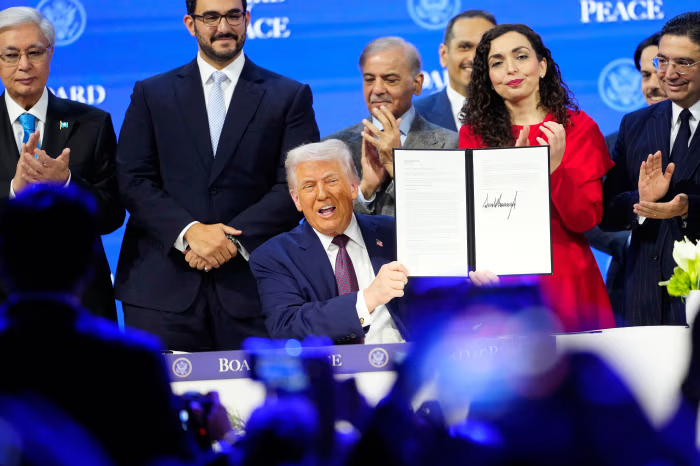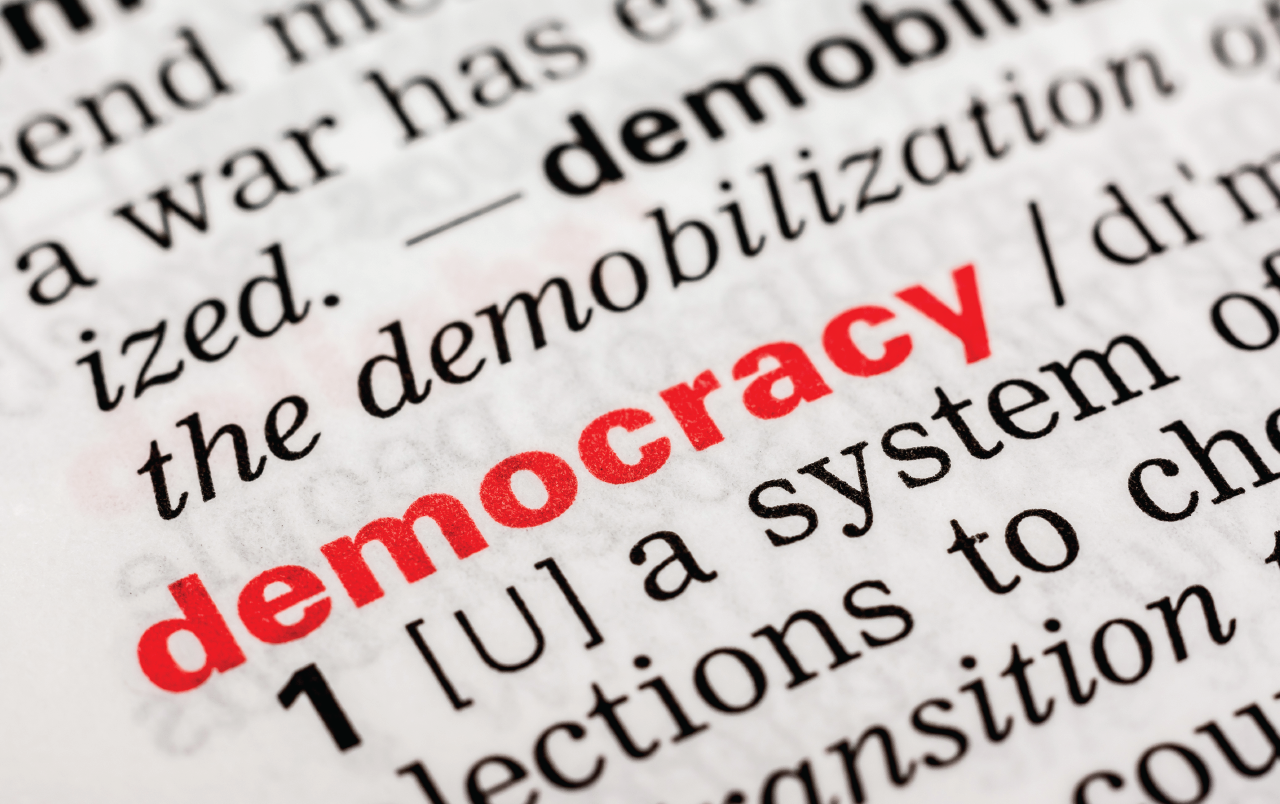Editorial
Pakistan faces a governance crisis because population growth is faster than infrastructure development. One of the most visible signs of this crisis is in the collection of road taxes. Vehicles use roads that are maintained by different authorities, but the process of paying taxes is inefficient and outdated.
There are multiple agencies involved in road tax collection. The Lahore Ring Road Authority, provincial authorities, national highway authorities, and district administrations all collect fees. Some have extended contracts for tax collection. Despite this, the process is slow and archaic. Drivers often spend hours waiting to pay, causing massive traffic jams and wasting time. This is unfair and inefficient.
Technology can provide simple solutions. One reform is to allow payment of road tax annually. Once paid, the collected funds can be distributed among agencies based on usage. This would remove the need for multiple checkpoints and reduce congestion. Even if a vehicle is used less, a fair amount can be calculated, and the tax system would remain efficient and transparent.
Road tax collection also has security risks. Large queues at tolls and checkpoints create vulnerability for accidents, theft, or attacks. Simplifying the process with annual payments and digital systems would improve security and traffic flow. The current system costs citizens both time and money, and there is no value placed on time in Pakistan.
The government must prioritise road taxation reforms. Efficient collection, modern technology, and simplified procedures will reduce traffic jams, improve security, and save citizens’ time. Road tax reforms are not just about revenue; they are about governance, efficiency, and respect for public time.















